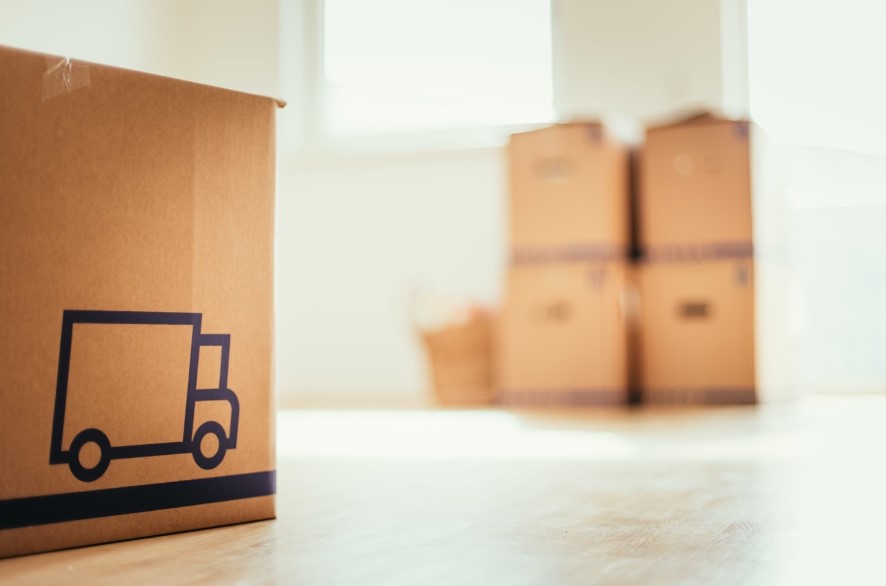
We are here to help you make the move over long distances less stressful. We know it’s a big decision and we want everything done before hand so when your family arrives, they won’t have any problems settling in their new home.
Be Prepared
You should plan ahead and contact at least three removalists a couple months before your move date to ensure that both you and the moving company have plenty of time. It’s also recommended not trying to cram everything to do at the last minute, as it can cause unwanted anxiety when planning for such a long distance like using interstate removalists Melbourne to Brisbane.
Set reminders on your smartphone or have a moving diary that you check every day so these important tasks don’t slip past unnoticed; organize little things everyday (like getting Brisbane removalists quotes) which will help get the move ready because we know how difficult it can be organizing a removal company at the last minute.
Move During Off-Season
Wellington movers suggest moving during off-season to save money. They say that, compared with peak seasons, moving on the weekends and during Spring and Summer is likely to cost you 30 percent dearer for most people who move internationally or locally within New Zealand.
Avoiding periods where there are more travelers results in lower costs because supply meets demand which drives up pricing publicly available services such removal services when roads are more busy.
Move Only Necessities
Dealing with clutter is one of the most tedious parts about moving. When you’re packing, take care not to over-pack and waste precious time on transportation costs! If there are items in your new home that don’t match what’s already here or simply aren’t useful for any purpose then get rid them so they won’t be wasted during shipping costs (or donate).
It may seem like an overwhelming task but if we start small by looking through our closets before making other decisions such as selling unwanted furniture at a secondhand store or surplus shop.
Make a List
Items to be moved can include furniture, boxes or other possessions. A long-distance move usually only requires a quote based on the items being moved and how far they will travel; but if you want an accurate estimate for your local moves too then we recommend creating an inventory list that includes all of these things as well! This way not only does it make unpacking easier when everything arrives at its new home safe and sound (and without any damage), but also helps reduce wasted time spent looking through belongings trying figure out which piece was lost during transport because now every single item has been inventoried beforehand.
Label Your Boxes
One of the best ways to ensure that you have nothing lost or broken during a move is by labelling all your boxes. You can use labels, stickers and even hang tags on them so they know where each item goes once unpacked in their new home. It’s important though not just write the room it belongs to but be more specific and include the contents inside. If you want to take it a step further taking photos before you tape the box up can act as a visual que as well.
Get Insurance
Insurance is a must when you’re moving. No matter how much stuff there are, or what kind of valuables they might be worth-it’s important to know that most mover offer very limited basic coverage and only in events where accidents happen with the truck. Insurance is something you may need to sort out with an insurance broker and whether or not you can afford not to have it if something goes wrong during the move. For most, the answer is ‘NO’ so it is best to carry out an insurance policy.

